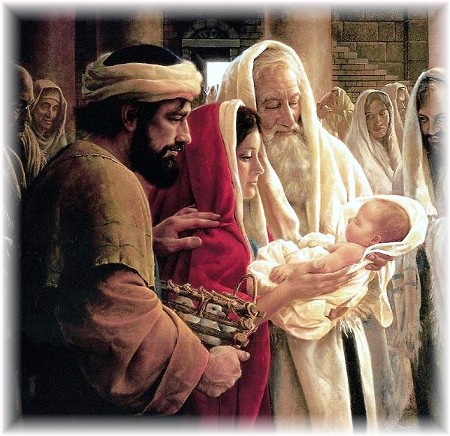
Then the statue of the beast commanded that anyone refusing to worship it must die. He required everyone small and great, rich and poor, free and slave ”to be given a mark on the right hand or on the forehead. And no one could buy or sell anything without that mark, which was either the name of the beast or the number representing his name. Wisdom is needed here. Let the one with understanding solve the meaning of the number of the beast, for it is the number of a man. His number is 666 (Rev. 13:15-18 NLT).
Many believers walk in an inordinate amount of fear concerning the mark of the Beast. Their fear is deep, pervasive, and emotionally debilitating. Over the years, numerous questions have come up in my pastoral ministry about the characteristics of the mark of the Beast mentioned in Rev. 13. Believers are anxious that they might be forced against their will to receive this dreaded mark. Is it possible for Christians to receive the mark of the Beast? Is the mark of the beast a tattoo, a computer chip, a bar code, etc.? Some despicable use of current computer technology? Should Christians fear the Second Coming of Christ because of the mark?
First, the context (Rev. 13:11-14:5) of the passage speaks of a mark of the beast and a seal of the Lamb. If you receive a tattoo or a computer chip for following the Beast, then in turn, you must also be given a tattoo or computer chip for following the Lamb. Present-day End Times teaching emphasizes the negative mark, Beast, not the positive seal, Lamb. What is true for the mark of the beast must also be true for the mark of the Lamb.
Second, the symbols in Revelation should be interpreted first by their counterpart in the Old Testament. The “mark” comes from Ezekiel 9:4-6, where an angel is instructed not to kill those who have the mark. The mark is invisible to the inhabitants of Jerusalem, it is seen and known only by God and the angels. The mark is indicative of the individual’s heartfelt allegiance to God. Notice that the “mark” is the Hebrew letter “taw” which is roughly the shape of a cross.
Third, the Beast in the Book of Revelation is the city of Rome and her empire (Rev. 17:7-9), the “seven hills” would have been known in the first century as the “City of the Seven Hills,” Rome. Therefore, the Beast, Caesar, is asking for lordship over the lives of all the Empire’s inhabitants. True believers refuse Rome’s domination for Christ is Lord over their lives. Several Caesars expected to be worshipped as a god, yet the early church only recognized Jesus as Lord and Savior of the world (Phil. 2:10-11; 3:20).
Last, the Roman Empire was so oppressive that only those who worship Caesar as divine were allowed to do business in the Empire (Rev. 13:16-17). One’s allegiance is made known by the manner one worships, dresses, serves, and lives. You could not do business in Roman trade guilds if a citizen did not declare Caesar as Lord and eat food sacrificed to idols. Similarly, believers under communist rule in the Soviet Union suffered penalties during the dark days of the Cold War if they did not declare their loyalty to the State and their acceptance of atheism. The visible mark of Christian believers is the distinctive manner in which they live a life of love (John 13:35, 1 John, Epistle to Diognetus).
By way of application, the Beast today is any governmental authority that sets themselves up, over, and against faith in God and the love of Christ. The Beast is any civil government that persecutes Christians and attempts to destroy the church. The Beast is idolatry and love of all worldly things: economic control, unbridled sex, and thirst for power. The love of the Beast and the seal of the Lamb are heart issues unseen by men, except by their outward behavior.
Conclusion: The mark is invisible, seen only by God, nothing to be feared by believers, and indicative of one’s true allegiance: the systems of the world, the Beast, or the Lordship of Jesus, the Lamb.
Like the other markings in Revelation, it seems to be symbolic (see comments on Rev. 3:12; 7:3; cf. 14:1; 17:5; 19:12; 22:4); some Jewish texts speak of a symbolic mark of destruction on the forehead of the wicked (Psalms of Solomon 15:9) in contrast to the mark of the righteous (15:6). Some interpreters have nevertheless seen a tangible expression of allegiance to the world system; in at least the last two major imperial persecutions of Christians, both in the third century, certificates were issued to those who had fulfilled the mandated rite of emperor worship. But the text may simply imply a figurative slave brand identifying to whom a person belongs God or the world. Participation in idolatry appeared to be almost an economic necessity in many cities in Asia Minor (and John warns that commercial discrimination would grow more severe, alongside the graver danger of martyrdom.
Craig S. Keener, IVP Bible Background Commentary: New Testament (Downers Grove, IL: InterVarsity Press, 1993).





